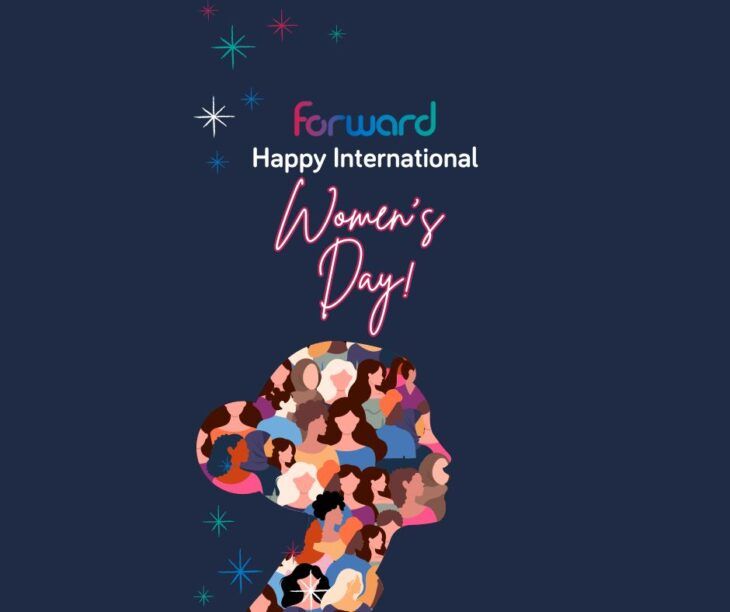International Women’s Day: #InspiringInclusion by Challenging Gender Stereotypes

These outdated norms that limit expectations of what women (and often men) can or should do are all around us – and they are deeply ingrained. Since having my own kids I have become all too aware of this. Even today, it’s still so common to hear phrases like ‘’boy’s don’t cry’’ and “you throw like a girl”. Parents continue to teach their boys not to cry and to highlight the ‘stigma’ of femininity in everyday language. On the surface these kind of comments may seem harmless, but these limitations start very early, and can hold girls and women back and cause significant problems across society later in life.
I’ve been amazed at how early my kids begun to develop a clear sense of what is expected of boys and girls and how they are ‘supposed’ to behave. My daughter (aged 5) still adamantly insists that ‘pink is for girls’ and loves anything to do with princesses. I’ve also had many interesting conversations with my eldest son (aged 7) about what kind of jobs he thinks are for women and men, mainly based on what he’s seen on TV and how my husband and I split tasks at home, which was a bit of a reality check!
Research shows that by the age of seven, children’s attitudes towards gender are fully formed, with kids latching onto stereotypes as a way to categorise and make sense of the world. Gender roles and stereotypes are constantly reinforced to them in the media and commercial sectors, with many films, TV programmes and adverts still showing outdated and limited representations of gender and sending messages to them about what is deemed appropriate for boys and girls. Most retailers still market children’s toys, books, cards and clothes based on gender too. As a parent or caregiver it can therefore be very difficult to challenge these stereotypes, despite one’s best intentions.
The reality is that gender stereotypes affect so many aspects of life for women. They contribute towards limiting career choices, poor mental health, low self-esteem in girls and issues with body image, and a culture of toxic masculinity and violence against women going unchecked. The impact for boys and men can be just as damaging. Gender stereotypes typically teach boys not to express their emotions, particularly those that are considered feminine, such as empathy, sensitivity and connection, with expectations around the male provider and ‘stoic men’, often cited as a factor contributing to higher male suicidal rates later in life. Not to mention, the impact for those who don’t conform to the ‘traditional roles’ of society i.e. male/female. Such emphasis on stereotyping and discrimination can exacerbate their struggle to feel accepted because they don’t fit into the rigid traditional gender structures.
When I think about how we can inspire inclusion for women and ultimately advance gender equality, for me it fundamentally starts with challenging the biases and preconceived notions that have for centuries confined women to predefined roles. This work starts needs to start early on at home and in our schools, and our media and commercial sectors have a key role to play too. I want my daughter to grow up and embrace her individuality, rather than making her choices through a gender filter. I really don’t have an issue with her loving the colour pink or wanting to be a princess – I just want to make sure that she knows that there’s a whole rainbow of colours out there and that she is more than capable of saving herself!